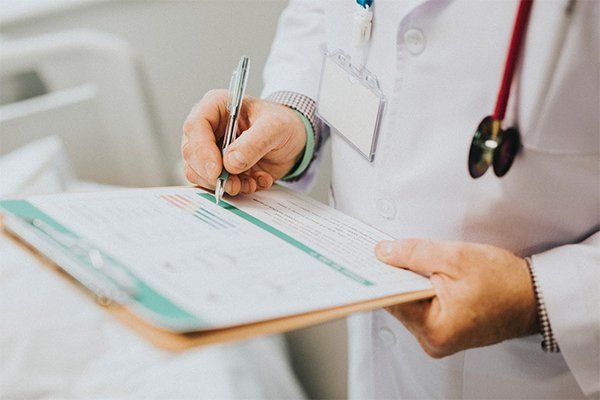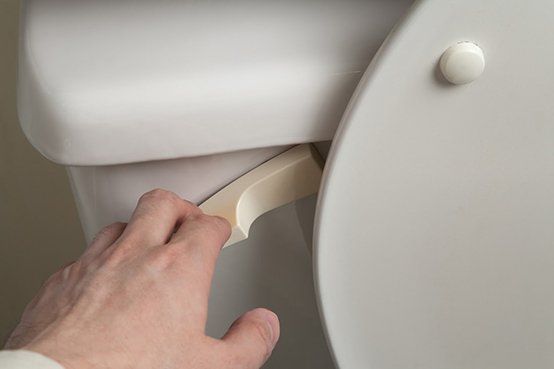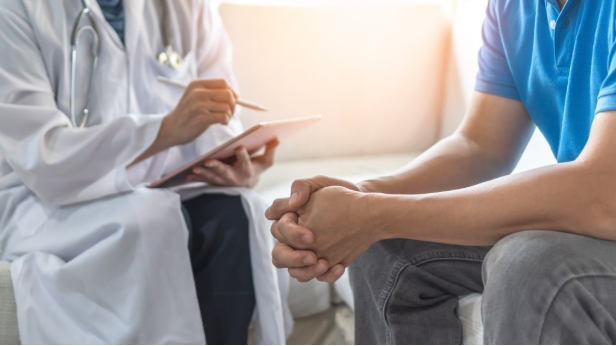6 Times When You Should See a Gastroenterologist

Many Americans are not familiar with the services provided by a gastroenterologist. But this specialty medical field can help you at a variety of times in your life. How? Here are a few times when you should work with a gastroenterologist to protect your health.
1. For a Routine Screening
Most Americans should have regular screenings. These can be done through several methods, but the most common is a colonoscopy or CT colonoscopy. In a colonoscopy, the doctor will use an exploratory tool with a camera to inspect the interior of your colon (or part of it), looking for polyps and other abnormal growths. With a CT colonoscopy, a virtual image is produced through CT technology.
Most people of average risk should begin having colonoscopies as a screening tool at age 50. You may need earlier screening if you have certain risk factors such as a family history of colon cancer, African American ethnicity, or inflammatory intestinal conditions.
2. When You Get Intestinal Symptoms
Are you suddenly experiencing one or more intestinal troubles on a semi-regular basis? This could include vomiting, excessive gas, cramping, abdominal pain, or bloating.
While a person will likely have one of these symptoms sporadically at times, having several of them or having them consistently is an indicator of digestive problems. You don't have to live with them, and your doctor can do tests to find the root causes and formulate a treatment plan.
3. When You Have Heartburn
Many people don't give heartburn the attention that it deserves. They may put up with the burning sensations for years before seeking help. Consistent heartburn is more than just a mild inconvenience; it can cause damage to the esophagus and stomach lining and make other respiratory and digestive problems worse. A gastroenterologist can treat you for GERD (gastroesophageal reflux disease) to prevent more injury.
4. When Intestinal Troubles Become Worse
Have you been diagnosed with intestinal difficulties, like constipation, bloating, or inflammatory bowel disease? Then you already have a daily challenge that you may use a variety of ways to treat. But if your symptoms get worse rather than better, it's time to meet with a specialist. Your symptoms could be indicative of something larger that needs to be addressed, such as Crohn's Disease or celiac disease.
5. When You Experience Unexpected Weight Changes
Everyone's weight fluctuates over their lifetime, but it's usually accompanied by an identifiable reason why. For example, if you lose weight fast, you’ve probably recently changed your diet or started getting more exercise. If you gain weight, you usually know you've been eating more poorly than you normally do or you've been sedentary over winter.
However, if you suddenly experience weight gain or weight loss that's not attributable to changes in your routine, you may have intestinal changes. Causes vary widely and could be anything from digestive issues to gallstones to colon cancer.
6. If You See Blood in Your Stool
Blood in your stool — or black stool, colored by blood within — isn't a normal event for most people, and it should never be ignored. Bloody stools could occur for several reasons, including hemorrhoids or anal fissures. More serious causes might include colon polyps, diverticulitis, or colitis.
Get checked out if you notice any rectal bleeding, particularly if it occurs on more than one occasion. A gastroenterologist specializes in finding the root cause for this potentially serious symptom.
Whether you're looking for a routine screening or you have questions about unusual symptoms, the experts at Kentuckiana Gastroenterology & Paramount Surgery Center can help. Call today to make an appointment and to learn more.

















